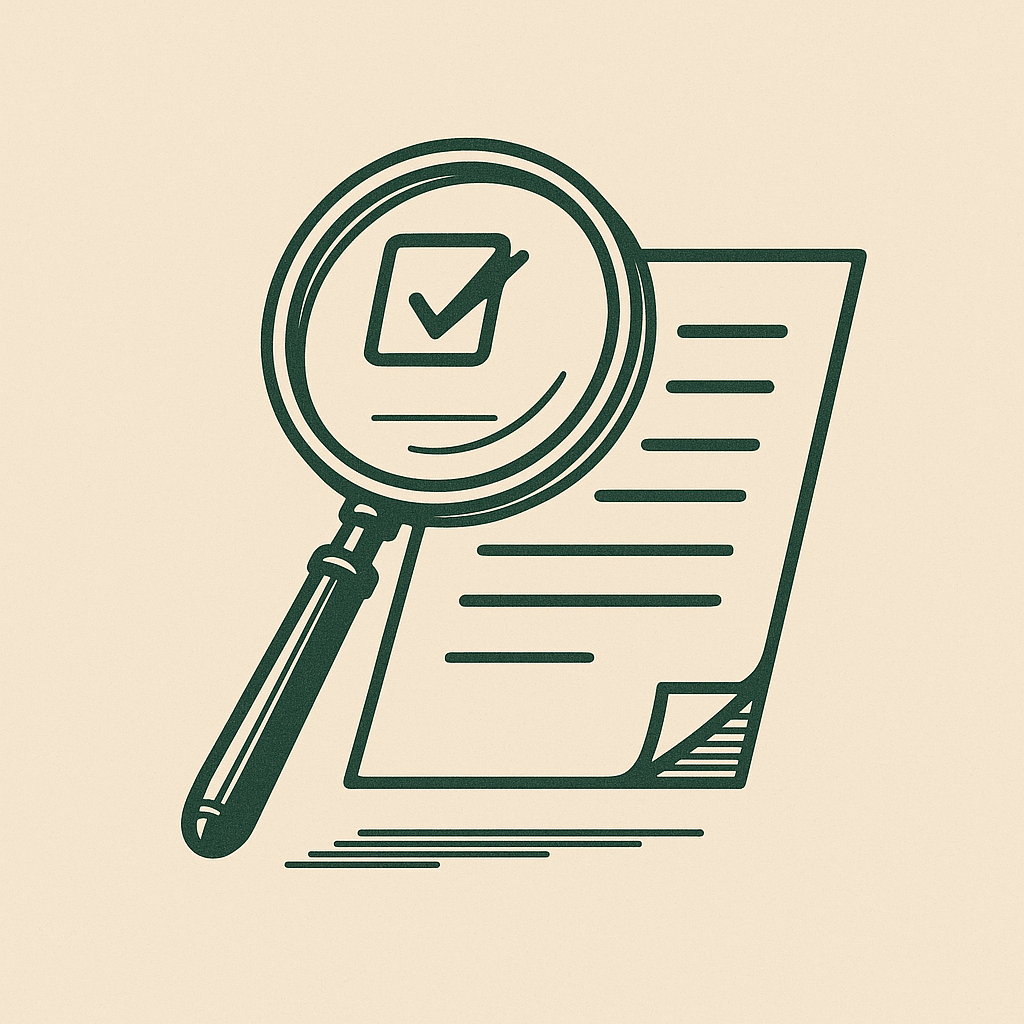
Estate Planning in Pennsylvania
Estate Planning Attorney in Pennsylvania
At Chadwick Estate Law, we make estate planning should be clear, personal, and efficient. Based in Wayne, PA and serving families across Chester, Delaware, Montgomery, and Philadelphia Counties, and statewide via Zoom, we help you create a plan that protects your family, your assets and honor your wishes.
Our services cover the essentials, wills, powers of attorney, and advance directives, as well as advanced strategies to minimize tax exposure and safeguard your legacy. Whether you are a young family creating your first plan, a retiree updating documents, or an executor seeking guidance, we deliver practical solutions with clarity and care.
With a Georgetown LL.M. in Taxation and AmLaw 100 experience, Bass Chadwick delivers national-level sophistication with the accessibility of a boutique practice. Whether you’re writing your first will, updating old documents, or coordinating a trust-based plan, you’ll leave with a strategy you understand.
What Estate Planning Covers (and Why It Matters)
Estate planning is more than “making a will.” It’s a coordinated set of documents and titling decisions that keep your wishes, instead of court defaults, at the center.
Wills in Pennsylvania - A will is the foundation of every estate plan. It appoints an executor to administer your estate, directs how your assets will be distributed, names guardians for minor children, and reduces uncertainty for your loved ones. Learn More About Wills in Pennsylvania
Financial Power of Attorney in Pennsylvania - Authorize a trusted person to act on your behalf if you are unable to. Without valid POAs, loved ones may need to seek guardianship—a stressful and costly court process. Learn More About Powers of Attorney
Health Care Power of Attorney, Living Wills & Advance Directives - State your medical preferences clearly so your family isn’t forced to guess in a crisis. Learn More About Health Care Power of Attorney
Beneficiary Designations & Titling - Coordinate your plan with account beneficiaries (IRA/401(k)/life insurance) and property titles (e.g., deed, joint ownership) so everything works together.
Our Estate Planning Process
Initial Consultation
Book a complimentary consultation with an estate planning attorney to discuss your goals and develop a personalized plan that protects your family and legacy.
Design & Drafting
Meet with your estate planning attorney to design a customized plan that reflects your priorities, values, and long-term objectives.
Review & Revisions
You’ll review your draft documents and meet with us (virtually or in-office) to discuss any adjustments. We revise the plan until every provision reflects your intent.
Signing & Execution
We coordinate the execution of your estate planning documents to ensure full compliance with Pennsylvania law, including the presence of required witnesses and notarization where applicable.
Estate Planning Frequently Asked Questions in Pennsylvania
-
Strictly speaking, no one is required to have a will in Pennsylvania but having one gives you control over the most important decisions after your passing. A will allows you to appoint an executor to handle your estate, name guardians for minor children, and designate trustees to manage assets left in trust. If you do not make these choices yourself, the Pennsylvania Orphans’ Court or the local Register of Wills will appoint someone for you. That process can be costly, time-consuming, and may place responsibility in the hands of people you would not have chosen. Drafting a will ensures your wishes, not the court’s defaults, govern how your estate is managed.
-
Many people wonder, “What happens if I die without a will in Pennsylvania?” The answer is that the Commonwealth already has one for you. Under Pennsylvania’s intestate succession laws, your estate is distributed by consanguinity (degree of blood relation). Assets typically pass to a spouse and children first, then parents, siblings, and more distant relatives. While this system provides a basic framework, it ignores personal relationships (including stepchildren or unmarried partners) and can create unintended tax or administrative burdens. In short, the state’s “one-size-fits-all” plan rarely reflects what families truly want. A properly drafted will ensures your choices, not statutory defaults, determine the outcome. Do I need a will in Pennsylvania?
-
A will and a living trust both transfer assets, but they work in very different ways. A will only takes effect after death and must go through the probate process, which involves court oversight and can take months. A living trust, by contrast, is effective immediately and allows assets placed into it to pass directly to beneficiaries outside of probate. Trusts can also provide added protection, such as shielding assets for children or planning for special needs. However, most families still need a will alongside a trust to cover guardianship appointments and any assets not placed into the trust. At Chadwick Estate Law, we explain the advantages of each and help you decide what combination is best for your family.
-
In Pennsylvania, any competent adult can serve as your agent under a power of attorney (POA). Most people choose a spouse, adult child, relative, or trusted friend. Because your agent may control your finances or make healthcare decisions if you cannot, it is crucial to select someone responsible and trustworthy. POAs can be broad or limited in scope, nd they can be durable (continuing even if you become incapacitated) or springing (beginning after some predetermined event, such as incapacity). If you do not have a valid POA, your loved ones may need to petition the Orphans’ Court for guardianship — a process that is more expensive, stressful, and time-consuming. Properly drafted POAs ensure continuity and peace of mind.
-
Estate plans should be reviewed every 2–3 years and updated after major life changes, such as marriage, divorce, the birth of a child, the death of a beneficiary, or a significant shift in assets. Changes in tax law can also make updates necessary. Outdated documents can lead to confusion, disputes, or even court challenges. For example, an old will that names a deceased executor or guardian can delay administration. At Chadwick Estate Law, we help families keep their estate plans current so they continue to provide the intended protection and efficiency.
Areas We Serve
We proudly serve Wayne, the Main Line, and greater Philadelphia, everywhere in Philadelphia, Chester, Delaware, Montgomery, Bucks and Berks Counties as well as virtually statewide.
Wayne, Bryn Mawr, Villanova, Radnor, St. Davids, Devon, Berwyn, Paoli, Malvern, Newtown Square, Ardmore, Haverford, Havertown, Media, West Chester, King of Prussia, Conshohocken, Lafayette Hill, Blue Bell, Phoenixville, Gladwyne, Bala Cynwyd, Lower Merion, Upper Merion.





